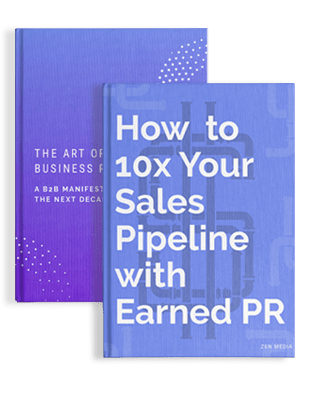Think about today, think about just yourself and how you consume content, how you share ideas.
Just today. I was talking to an organization that is, that is considering booking me for their keynote, for their Global event that’s happening.
And when the gentleman was talking, he said, oh, yeah, I’ve seen some of your videos.
Don’t you talk about this, by the way, I had never once seen a public comment from him.
I’d never met him before.
I had no clue that he was.
Assuming my content, but lo and behold clearly, I was on their radar.
They’d been talking about me internally as he said, he said we’ve been talking about you internally, but what that means today is people aren’t standing around a literal water cooler and saying “Hey you hear that girl Shama?
She’s got a pretty cool show called “It’s not magic, It’s marketing”
So that doesn’t happen.
But that water cooler talk still exists.
It just happens more on, you know, online.
So it happens in these slack channels.
It happens in Microsoft teams in Google Zoom.
Like that’s where these conversations are occurring.
Now. This is incredibly powerful because what it means is that you have a great opportunity to connect with your audience and influence them.
The challenges that most software, most attribution software, most companies can’t track it because guess what? It’s dark social it’s called dark social for a reason.
It’s not traceable.
Now, are there certain platforms and things that help you find kind of these niche conversations? Sure, but, is there anything today that will let you find what people are talking about in their private LinkedIn DMS or their slack channels? No and honestly, it’s a bit of a fool’s errand to even focus on that.
If you can focus on the creating content that people genuinely want to share that’s valuable and trust, and know, this is a difficult concept.
In some ways, trust that these conversations are happening and I’m not saying, even blindly trust it ,look, qualitative data is extremely important.
Ask your customers.
Ask them what they’re reading.
How did they find you? What influences them? How did they how did they come about you? And chances are it won’t be just one thing.
Sometimes it will but most often.
It won’t be something you could have tracked.
And so I do recommend.
Just asking, by the way, your customers.
What do you consume? How did you find out about us? Who are your peers? Where do you hang out? And as much as you can try to influence what’s happening in dark social, you can’t control it and you can’t track it.
Now, these two things not being able to control and not being able to track are incredibly scary to marketers.
So we try to overcompensate, we try to create all these crazy things to try and say, like, look, it is measurable. But if we start to accept the truth that as consumers, how many of you want to be controlled? How many of you want to be tracked? I mean, just look at the complete mess the advertising industry is in right now because it’s getting harder and even when they are able to get that data, there’s a slew of ethical concerns and individual’s for example who don’t want their data tracked in that way.
So look, we could do an entire session or section just talking about that, but I think it’s very important to realize that dark social is how people are communicating, is how your prospects are buying and that’s not changing anytime soon. It’s just going to continue to grow.

